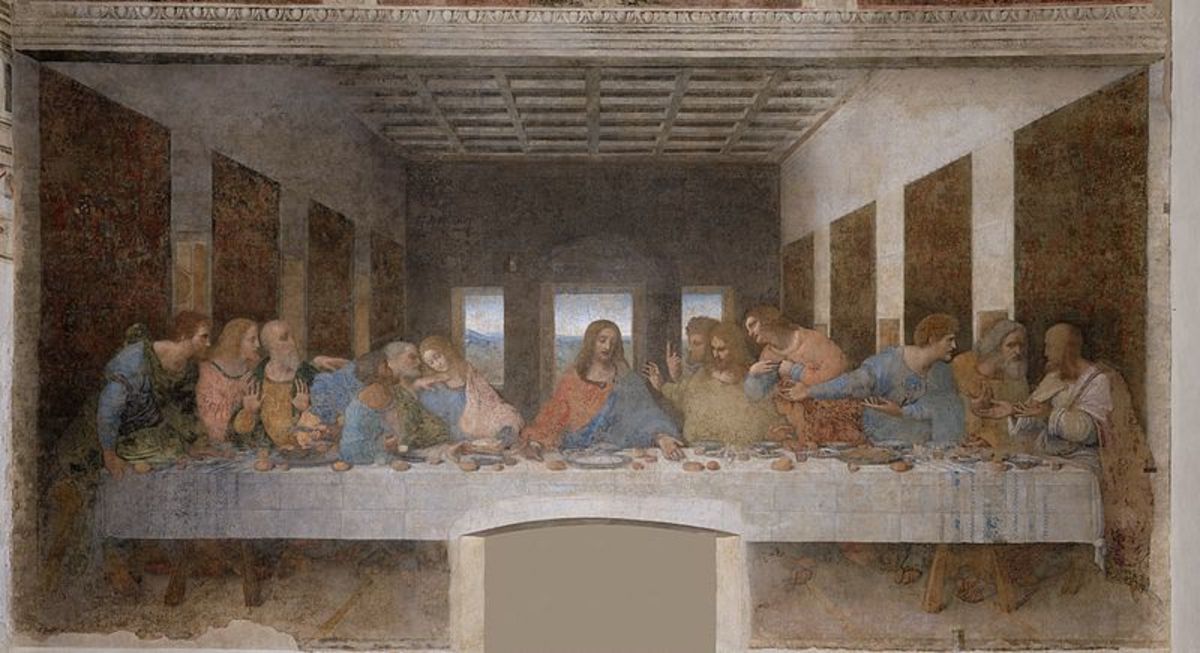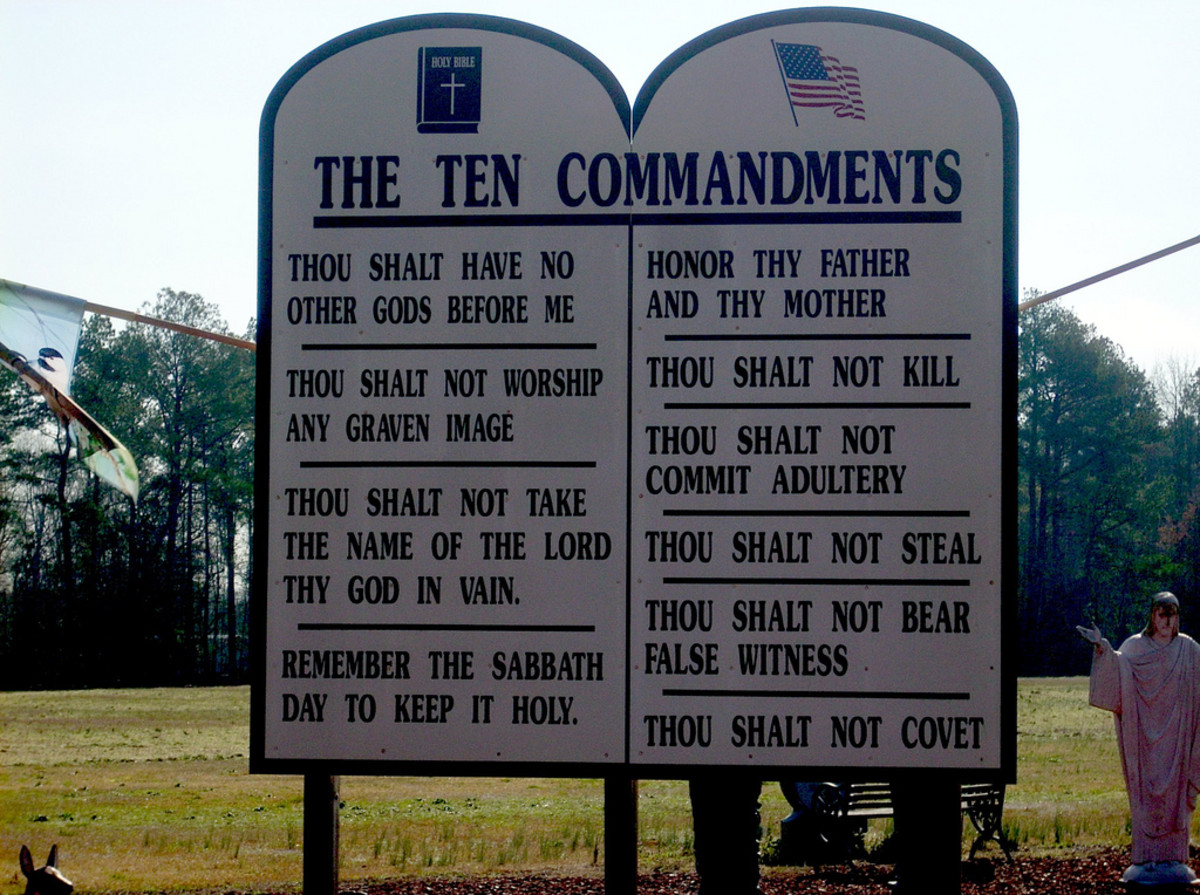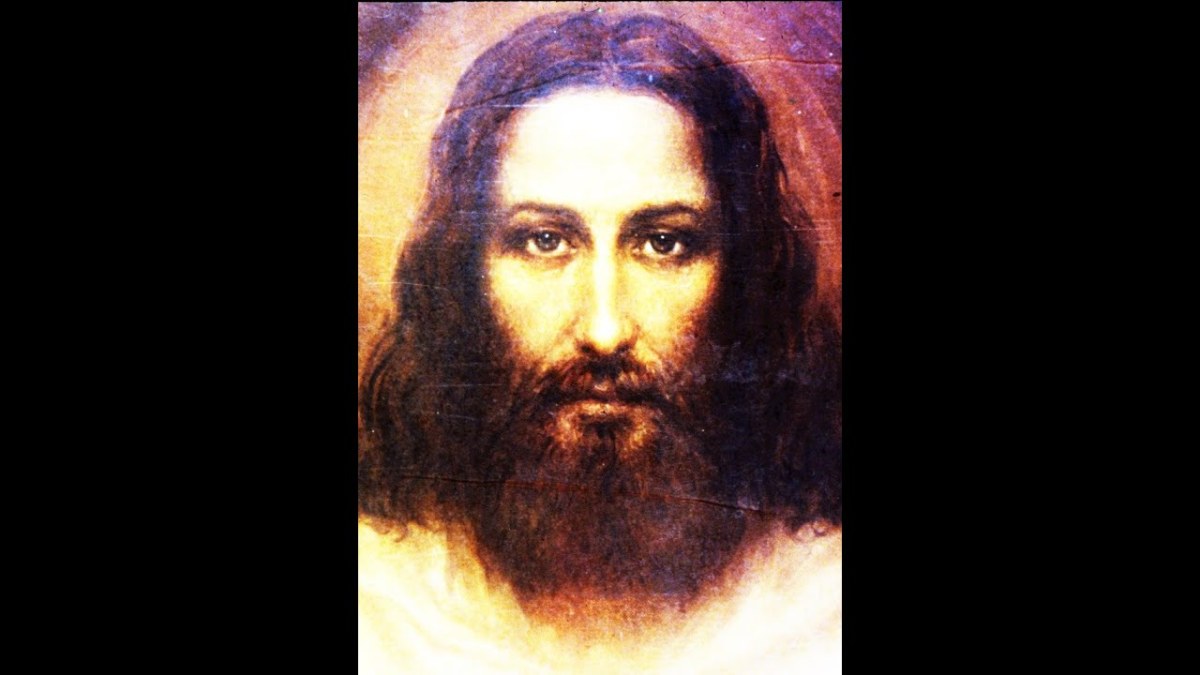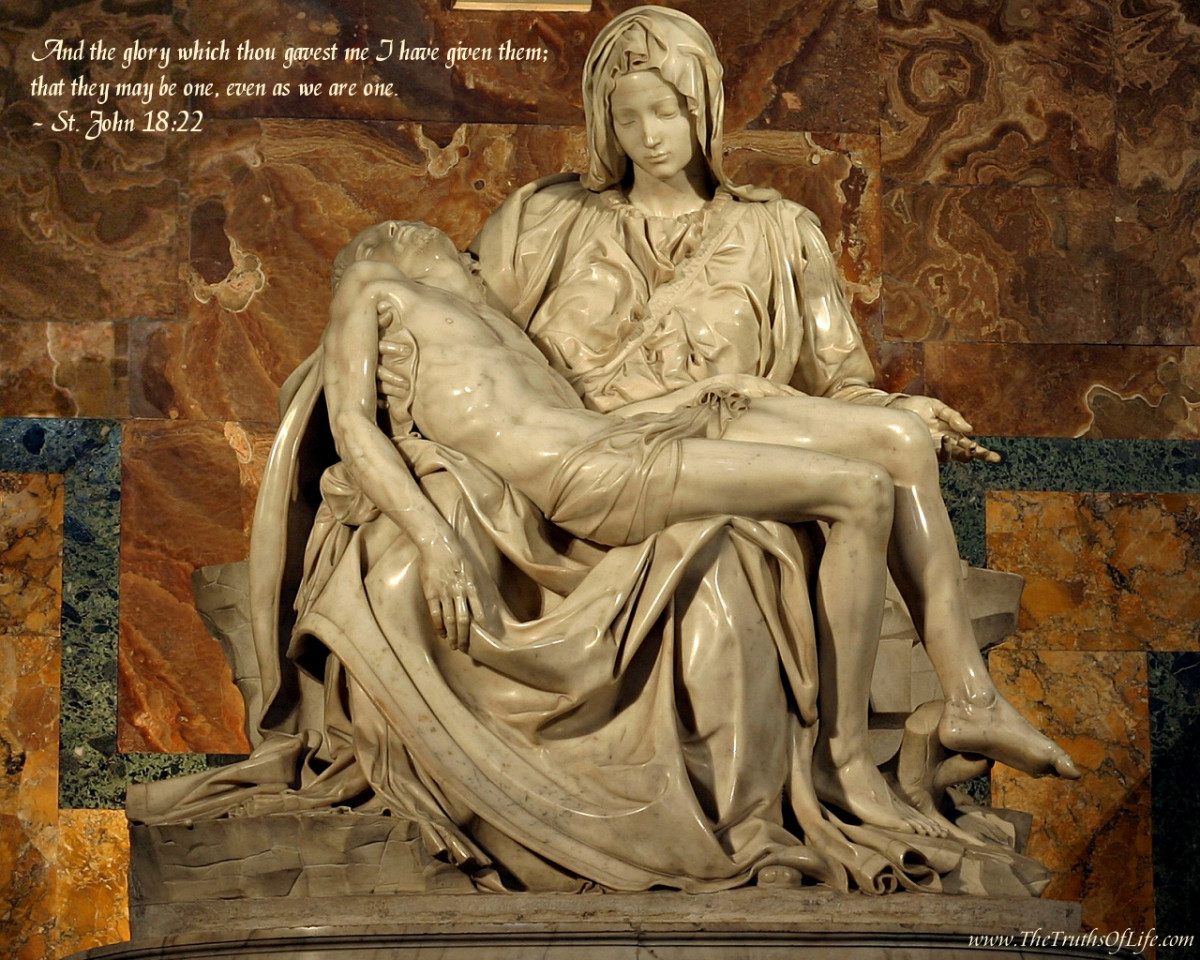Are The Jews to be Held Guilty for Jesus’ Death?
Roy Blizzard III

Who is to be Held Guilty for Jesus’ Death?
Roy Blizzard III © 2011
In Matthew 27:24-25 we read some comments that for the last 2,000 years have been misunderstood and have been used as a basis for the murders of untold Jewish people and an antagonism among non Jews that has led to a pronounced bias against anything even remotely “Jewish” even to the mistaken belief that the New Testament is all Greek and there is no need for a learning of Hebrew.
24When Pilate saw that he could prevail nothing, but [that] rather a tumult was made, he took water, and washed [his] hands before the multitude, saying, I am innocent of the blood of this just person: see ye [to it]. 25Then answered all the people, and said, His blood be on us, and on our children.
The problem with these passages for most people is that there is a complete an utter lack of understanding of Judaism and Hebrew. There are untold numbers of articles using this passage to blame the Jews and all their offspring forever for the killing of Yeshua without any idea of what they are writing about.
Many supposed learned people think it refers to Blood Libel; the practice is a false accusation or claim that religious Jews murder children to use their blood in certain aspects of their religious rituals and holidays. It has nothing to do with this concept as the origins of this are to be found in the writings of to the Graeco-Egyptian author Apion. He claimed the Jews were sacrificing Greek victims in the Temple in Jerusalem. Apion stirred up lies against the Jews in the 1st century BCE. which resulted in an attack on the Jews in Alexandria in 38 CE in which thousands of Jews died.So we see this was something falsely used against the Jews not the other way around.
What this passage and the surrounding context refer to is the concept of Bloodguilt.
Bloodguilt is the liability for punishment for shedding blood, usually innocent blood.
You see, deeds generate consequences. It is the concept of sin = death and to shed innocent blood is sin, so whosoever sheds it must die.
Bloodguilt attaches itself to the shedder of blood and his family - II Sam. 3:28ff, and it does so for generations - II Kings 9:26. It even follows to his city -Jer. 26:5, his nation -Deut. 21:8, and his land -Deut. 24:4. With an unlawful homicide, innocent blood - Jonah 1:14 - dam naki (naqi ) נקידאם cries out for vengeance - Gen. 4:10, is rejected by the earth - Isa. 26:21; Ezek. 24:7, and pollutes it - Num. 35:33–34.
In technical terms, bearing or having bloodguilt put upon one, בא דמו damo bo, or damo bero'sho בראשו דמו , means originally "his blood [remains] in him/in his head" - Josh. 2:19; Ezek. 33:5. In a legal formula mot yumat damav bo בו דמו ימת מות- Lev. 20:9–16- means that when a lawful execution occurs, the blood of the guilty victim remains on himself and does not attach the guilt of his blood to his executioners.
The punishment of the murderer is primarily the responsibility of the blood avenger – or go ’el - גואל or “redeemer”, usually family members. And while God may postpone punishment to a later generation - II Sam. 12: 13–14; I Kings 21:21, man doesn’t have this option - Deut. 24:16; II Kings 14:6, unless divinely authorized - II Kings 9:7, 26. Biblically speaking, there is no commutation of the death penalty. The concept that deliberate murder cannot be commuted is the corner stone of criminal law in the Bible. In the Bible, human life is invaluable, hence incommutable. No other body of law in the ancient Near East has this concept.
In the case of “accidental Homicide”, it also results in bloodguilt and the killer may be slain by the go ’el - גואל or “redeemer” or “avenger” with impunity - Num. 35:26–27; Deut. 19:4–10. But, as the homicide was unintentional, the natural death of the high priest is allowed to substitute for his own death - Num. 35:25, 28. In the mean time, he is confined to a city of refuge to protect him from the blood-avenger - Num. 35:9ff; Deut. 4:41–43; 19:1–13; Josh. 20:1ff.
In the case of Yeshua, He specifically states that He himself lays his life down and no one takes it from him, so His death was not intentional in the case of the Jews, or Romans or anyone even though there was some conspiracy against him. So when the death of the high priest occurs, if there had been some bloodguilt it was taken on by the high priest.
In cases where a slayer is unknown, the community nearest the corpus delicti – usually the evidence of a crime – like a dead body must disavow complicity, - but in the case of Pilate it means the facts and circumstances constituting a breach of a law- so Pilate must disavow complicity in the conspiracy against Yeshua which he knows is unlawful and, by means of a ritual, symbolically wash away the blood of the slain - Deut. 21:1–9 so that Yeshua’s family will not take revenge against him; see Eglah Arufah or the Six cities of refuge .
When the people around the Antonia Fortress cried out for Yeshua’s death, they were saying that they would not try to kill Pilate as a bloodguilt punishment and he washed his hands to make it official.
But in the final analysis you see, Yeshua died for them too.
No bloodguilt is incurred by homicide in self-defense - Ex. 22:1, judicial execution - Lev. 20:9–16, and war - I Kings 2:5–6.
Sanhedrin 8:9
Roy Blizzard's New Book









